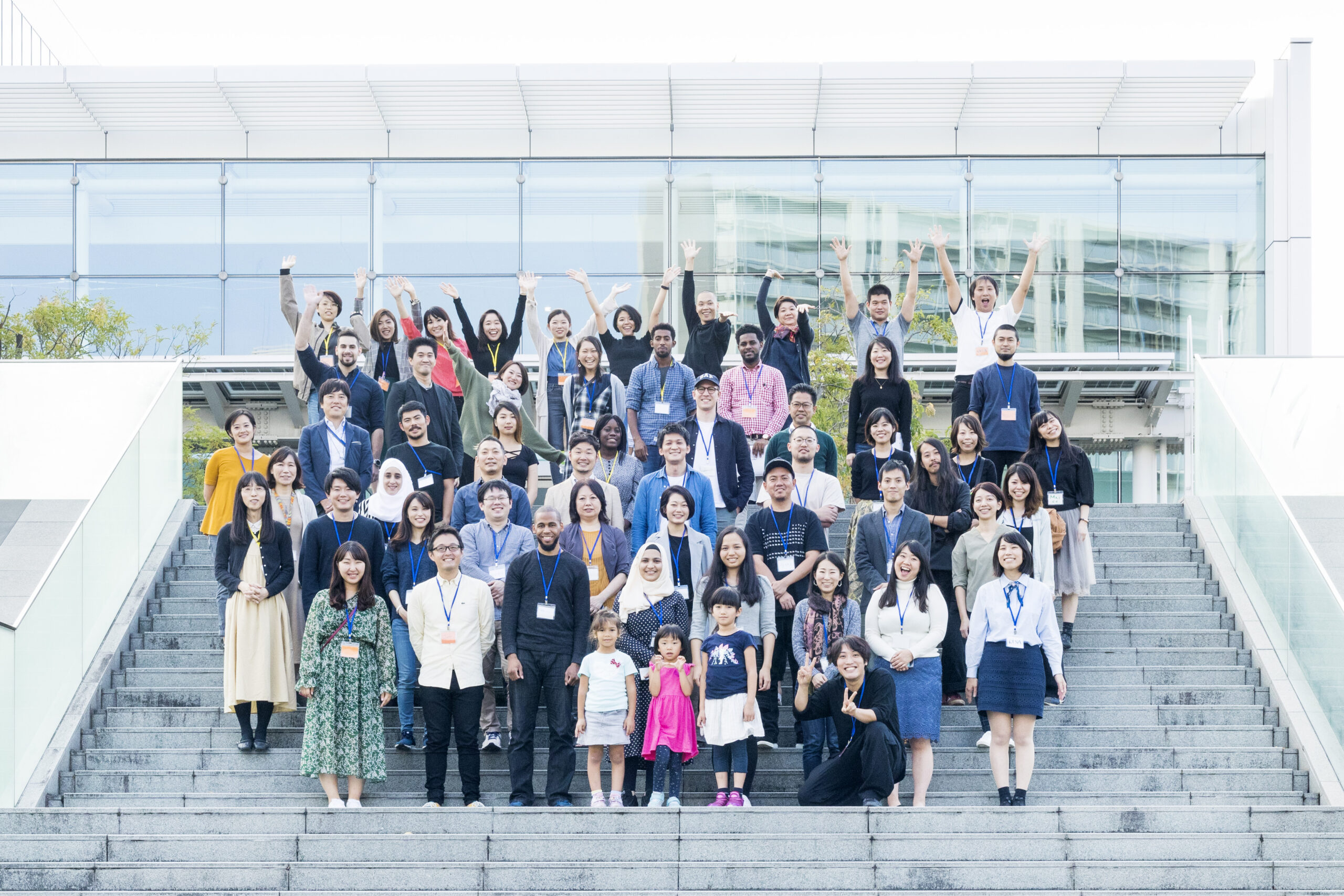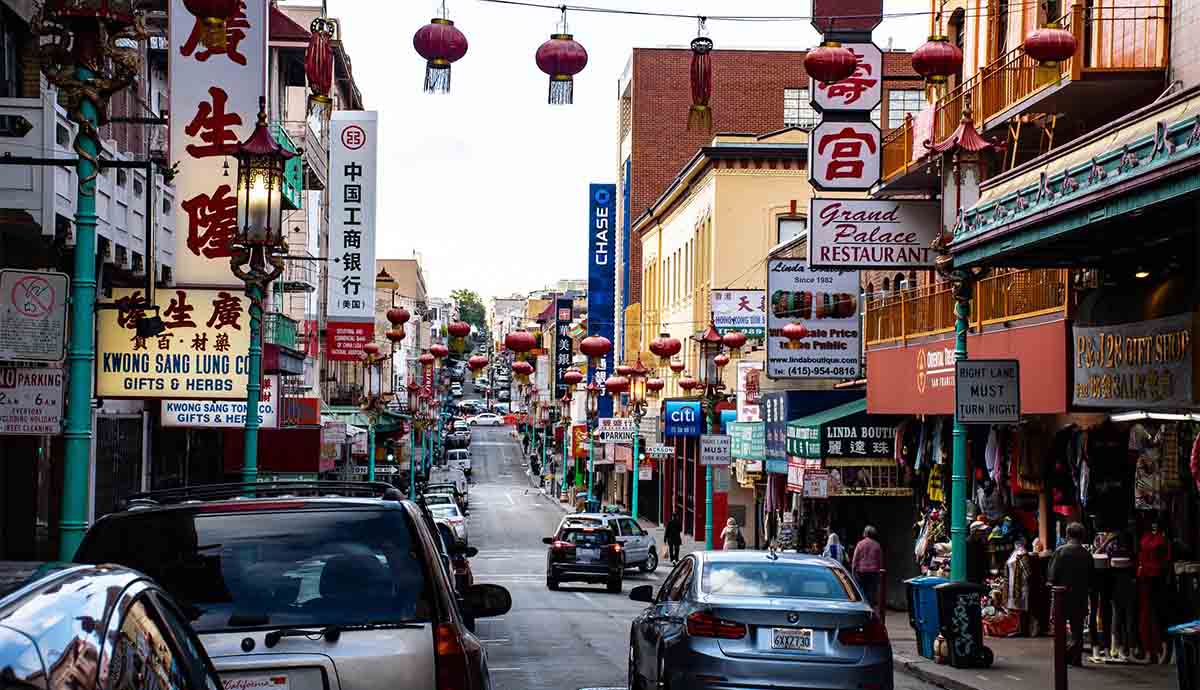INTRODUCTION:
Singapore might not be the first country that comes to your mind when you start thinking about studying abroad, but it is definitely a destination to consider. The only city state formed by over 63 islands in Southeast Asia – is a centre of innovation and successfully attracts foreign investment each year. It is also home to leading global universities which top the list.
The country, also known as the Lion City, prides itself on being one of the world’s leading financial centers that maintains strong connections with the West. Singapore can surprise even the most cosmopolitan individual with its high quality of life and citizen friendly policies focused on healthcare and safety.
Prospective students have the chance to immerse themselves in a rich cultural life, but also to build a successful career. The local government provides annual funding, which makes it easier for graduates to start their own businesses or join start-up hubs especially designed to stimulate creativity and meet the needs of the local economy.
Studying in Singapore is a good decision for students who are willing to explore different cultures. From celebrating the Chinese New Year in a traditional setting to exploring superb regional cuisine, starting a course in Singapore is an attractive alternative to Western universities.
Nanyang Technological University & National University of Singapore are among top ranked Singapore universities in top 10 universities.
- National University of Singapore
As the oldest higher education institution in the country, the National University of Singapore (NUS) has a long history of development and reshuffling. By focusing on students and their personal development, the university has supported the entrepreneurial endeavours of its students over the last few years. Together with its commitment to research, this has raised the university’s public profile and placed it among the world’s leading academic institutions.
With over 370 different degrees, including bachelor’s, master’s, doctoral degrees and graduate diplomas, the university has a lot to offer across its three campuses and 16 faculties. Its multicultural community brings together students and members of staff from over 100 countries around the world.
2.Nanyang Technological University
Nanyang Technological University (NTU), is a highly ranked, publicly funded university in Singapore. The institution was also previously named the fastest-rising young university in the world. Founded in 1981, the institution is committed to extensive research in seven different fields including engineering, business, humanities, arts and social sciences, and medicine.
Located on the city’s periphery, its main campus, Yunnan Garden, covers 2km². Previously an Olympic village and with 16 halls of residence, the campus is considered to have the biggest on-campus residence infrastructure in Singapore.
To guarantee the best possible education for its bachelor’s and master’s students, the university has joined efforts with international partners, such as Imperial College London, to open a new medical school. The Lee Kong Chian School of Medicine is now actively engaged with research aiming to bring positive changes to healthcare in Singapore.
3.Singapore Management University
Singapore Management University (SMU) is the third autonomous university in Singapore. The university provides broad-based business programmes modelled after the Wharton School of the University of Pennsylvania. SMU was established on 29 July 2000 and is located in the Downtown area of Singapore.
It has a city campus with a total enrolment of about 10,000 undergraduate and postgraduate students and comprises six schools offering undergraduate, graduate and PhD programmes in business administration, business analytics, financial services, accountancy, economics, information systems management, law and the social sciences.
The university has over 30 research institutes and centres of excellence, and customised corporate training and lifelong learning for individuals are available through the university’s professional and executive development programmes. SMU is accredited by the AACSB International, EQUIS and AMBA.
4.CURTIN UNIVERSITY SINGAPORE
Curtin University is a private university which was established in 1986. The Curtin University Singapore Campus was founded in 2008 and is ranked 230th by QS Ranking. The university has 5 campuses around the world offering a variety of programs at diploma, undergraduate and graduate level. Curtin University Singapore is located in the heart of the city and provides all the facilities to the students.
The students are offered a variety of Programs across all disciplines and each of the programs are accredited and is ensured that the standards of the program meet the expectations of the fast moving world.
An Average of 80% is required to be admitted to Curtin University Singapore. The Acceptance Rate is around 60%, and hence offering an opportunity to all the students who applied for the courses. The Average Tuition Fees is S$25000 and it varies according to the courses offered. There are many Scholarship Programs offered to students across all nationalities
- Singapore University of Technology and Design
The Singapore University of Technology and Design (SUTD) is the fourth autonomous university in Singapore. Founded in 2009, Singapore University of Technology and Design is a non-profit public higher education institution located in the urban setting of the large city of Singapore (population range of 1,000,000-5,000,000 inhabitants).
Officially accredited and/or recognized by the Ministry of Education – Higher Education Division, Singapore. It is a coeducational higher education institution. Singapore University of Technology and Design (SUTD) offers courses and programs leading to officially recognized higher education degrees in several areas of study.
- Singapore University of Social Sciences
The Singapore University of Social Sciences (SUSS) is a university with a rich heritage in providing lifelong, learner-centric and industry-relevant education. Its mission is to champion lifelong education to develop future thinkers and leaders to their fullest potential through 3H’s education philosophy: ‘Head’ for professional competency with applied knowledge, ‘Heart’ for social awareness of the needs of the society, and ‘Habit’ for passion towards lifelong learning.
Singapore University of Social Sciences (SUSS) is an autonomous university and its mission is to provide lifelong education that equips learners to serve society. Home to more than 15,000 students, SUSS provides an applied education that targets both fresh school leavers and adult learners, with a focus on the social sciences.
It adopts a flexible and practice-focused learning approach and offers more than 70 degree programmes in various disciplines. Eligible students taking SUSS’s undergraduate programmes enjoy government subsidies and access to government bursaries, tuition fee loans and study loans.
- LASALLE College of the Arts
Lasalle College of the Arts(Established in 1984) is an open institution that majorly focuses on arts and design studies. Initially, the institute was developed as LASALLE-SIA College of the Arts. Later on, it was renamed to its current name. The degrees awarded by the institute are recognised by the University of London and Goldsmiths College. These universities are known to be the top universities for arts and humanities. The institute began with only 27 students who were awarded a diploma in ceramics, painting, music, and sculpture.
The institute received large funding by various organizations like Khoo, Lee, Shaw & Hong Leong Foundations and Airbus Industries. In 2010, the institute introduced the MA Asian Art Histories program. The program majorly focuses on Asian modern art and contemporary art. In 2011, the institute started the MA Arts Pedagogy and Practice Program. The institute comprises two campuses, namely McNally campus and the Winstedt campus. The first campus, McNally campus was developed in 2007. It is spread over an area of 1,500 sq m. The campus is home to a contemporary art exhibition & gallery, theatre & art production workshop, 56 studios, 10 computer labs, 6 digital classrooms, and 3 lecture theatres.
- Singapore Institute of Technology
Singapore Institute of Technology (SIT) is a university of applied learning in Singapore. The college was established in the year 2009. The university was founded by then SIT president Tan Chin Tiong and has grown from only 500 students and 10 degree programmes to over 7000 students and 42 degree programmes. The degree programmes offered by this university are clubbed majorly into five groups, namely Engineering (ENG), Infocomm Technology (ICT), Chemical Engineering and Food Technology (CEFT), Design and Specialised Businesses (DSB) and Health and Social Sciences (HSS).
It was provided with the endowment of S$447.78 million. The university aims at promoting certain important traits in students, which it calls ‘SIT-DNA’. Through this, students are transformed into ‘thinking thinketers’, who can ‘learn, unlearn and relearn’, are ‘catalysts for transformation’ and are finally ‘grounded in the community.’
The main campus of the university is located in Dover Drive in Dover, Singapore. The other five campuses are around the island and mainly focus on ‘polytechnics’. SIT has the faculty student ratio of 1:41 comprising 146 academic staff members and over 7000 students.
- Nanyang Academy of Fine Arts
Nanyang Academy of Fine Arts is an open institution that was established in 1938. The institute mainly focuses on art & design studies. It is in partnership with many international universities and organisations. This industry-oriented institute offers recognised courses to the students. It began its classes with only a few students and by 2015, the number of enrolments increased to 2,400 students.
The institute comprises three campuses. The first campus features digital classrooms, a Creative Media Studio for 3D animation and special effects, audio-video production facilities and a High Definition Studio. The second campus is home to the workshops for textile development, embroidery design, batik printing, and drafting and draping.
It also features the Department of Fashion Studies. The third campus has a theatre with a seating capacity of 380 students. The students are provided with all the basic facilities required at the campus.
The institute offers degree programmes, diploma programmes, and short-term programmes. The academic curriculum of the university features a wide list that includes the Fine Arts programme, Fashion Studies programme, Design and Media programme, 3D Design programme, Dance programme, Music programme, Arts Management programme and Theatre programme. This gives students a great opportunity to choose as per their area of interest. The students learn under skilled faculty members.
10.NUS Business School
NUS Business School is a high-ranking business school that forms part of the National University of Singapore (NUS), in Singapore. In 2018, Times Higher Education ranked the business school as the best in Asia.Established in 2002, it has its roots in 1961, when business administration began to be taught at NUS, which proceeded to grow into a faculty, which, through decades of growth and mergers, became its own business school.
Today the business school has about 2,700 undergraduates and about 830 postgraduate students, spread over six academic departments: analytics and operations; finance; management and organisation; marketing; and strategy and policy. It also has six research centres: the Asia Accounting Research Centre; the Asia Centre for Social Entrepreneurship and Philanthropy; the Centre for Asset Management Research and Investments; the Centre for Behavioral Economics; the Centre for governance, Institutions and Organisations; and the China Business Centre.
The management practicum programme in experiential learning puts students in teams alongside company representatives under the supervision of a faculty, providing learning in real business scenarios across 12 different industries with 120 companies, in fields such as hospitality, tourism, banking and more.



























